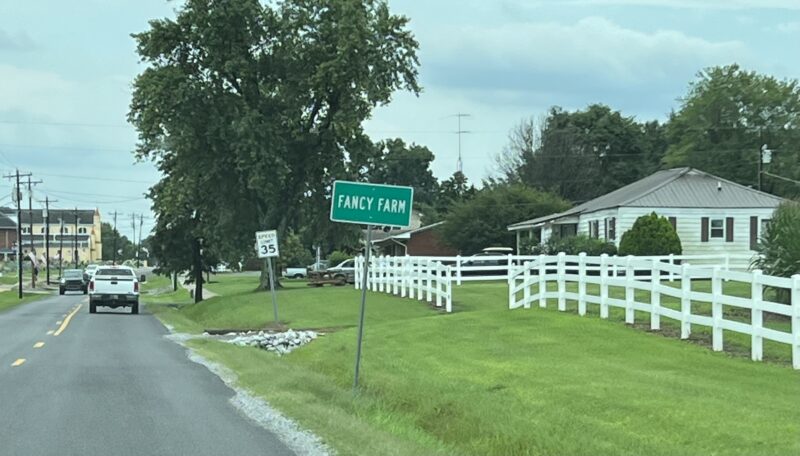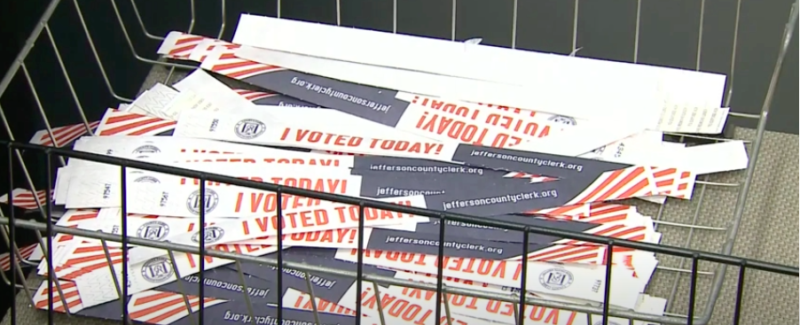Matt Bevin knows about being counted out, in fact, his first trip to the Governor’s Mansion relied on it, and some of the pieces are falling in place for him to run the type of race he ran in 2015 again in 2023.
Many in the political class, including his Republican challengers, thought that the businessman was out before the 2015 GOP primary began.
Bevin suffered a staggering defeat in the 2014 Republican primary for U.S. Senate against Sen. Mitch McConnell. His challengers ignored him in the race assuming that Bevin had been defined, and he was not a threat. The thinking was not too far off, after all, McConnell makes a point in races of not just beating his opponents, but destroying them. But what the candidates missed was Bevin’s appeal outside of the people who are normally polled, and a nasty establishment primary that offered space.
Then Agriculture Commissioner James Comer, Hal Heiner, and Former Justice Will T. Scott all ran for governor in 2015 along with Bevin.
A majority of the negative campaigning took place between Heiner and Comer, and Bevin was a benefactor. Bevin was able to avoid the fray and play the adult in the room because no one was paying attention to him, and when controversy spilled across the newspapers it opened up a window for Bevin to just barely edge Comer.
The 2023 gubernatorial campaign is starting to form, and already we can name three establishment candidates in Auditor Mike Harmon, Agriculture Commissioner Ryan Quarles, and Attorney General Daniel Cameron who have entered the race. Former United Nations Ambassador Kelly Craft is also still rumored to be considering the race with millions to spend.
With so many establishment candidates in the race, it makes it more likely they will begin to split the establishment vote, which reduces the total number of votes needed to win what is usually a low turnout primary.
In 2015 there were just over 214,000 ballots cast in the GOP primary. In 2019 the total number of GOP ballots in the primary rose to nearly 260,000 – a slim number when compared with the nearly 1.6 million registered Republicans in the state.
If Bevin can bring a solid base to the field that cannot be moved (which traditionally he has brought), he can guard his right flank against the likes of Rep. Savannah Maddox, Eric Deters, and others in the liberty portion of the Republican Party he could actually steal the primary election with 20 percent of the vote.
Bevin could win that portion of the vote by being his authentic self, and showing contrast to an established field full of McConnellites. Bevin has personal wealth that can allow him to compete against those more reliant on donations. He could, again, stay to the edges and not draw fire from those already counting him out of the race. As Cameron, Quarles, and potentially Craft run a popularity contest Bevin could enter the primary and try and take credit for the economic victories of Democratic Gov. Andy Beshear.
Bevin has not declared for the race, but he continues to consider it according to numerous sources.
Making it through the Republican Primary next year for any of the candidates does not equal a victory over a strong and well-financed Beshear, but it certainly will not be an easy race for Beshear either.




 Login
Login  Must include at least 8 charaters
Must include at least 8 charaters



